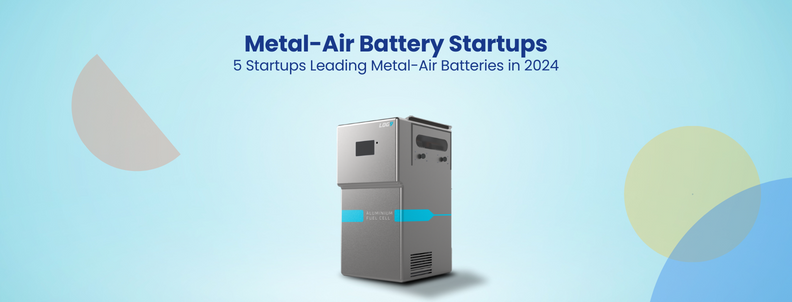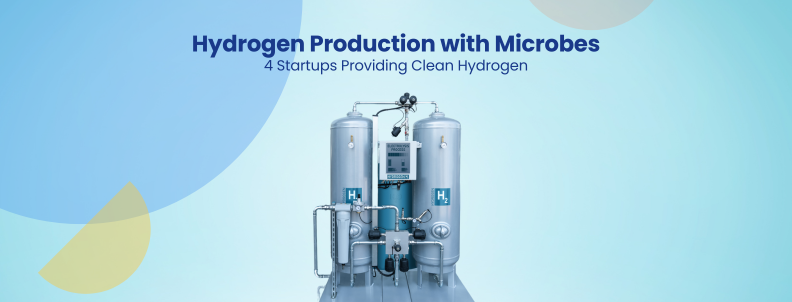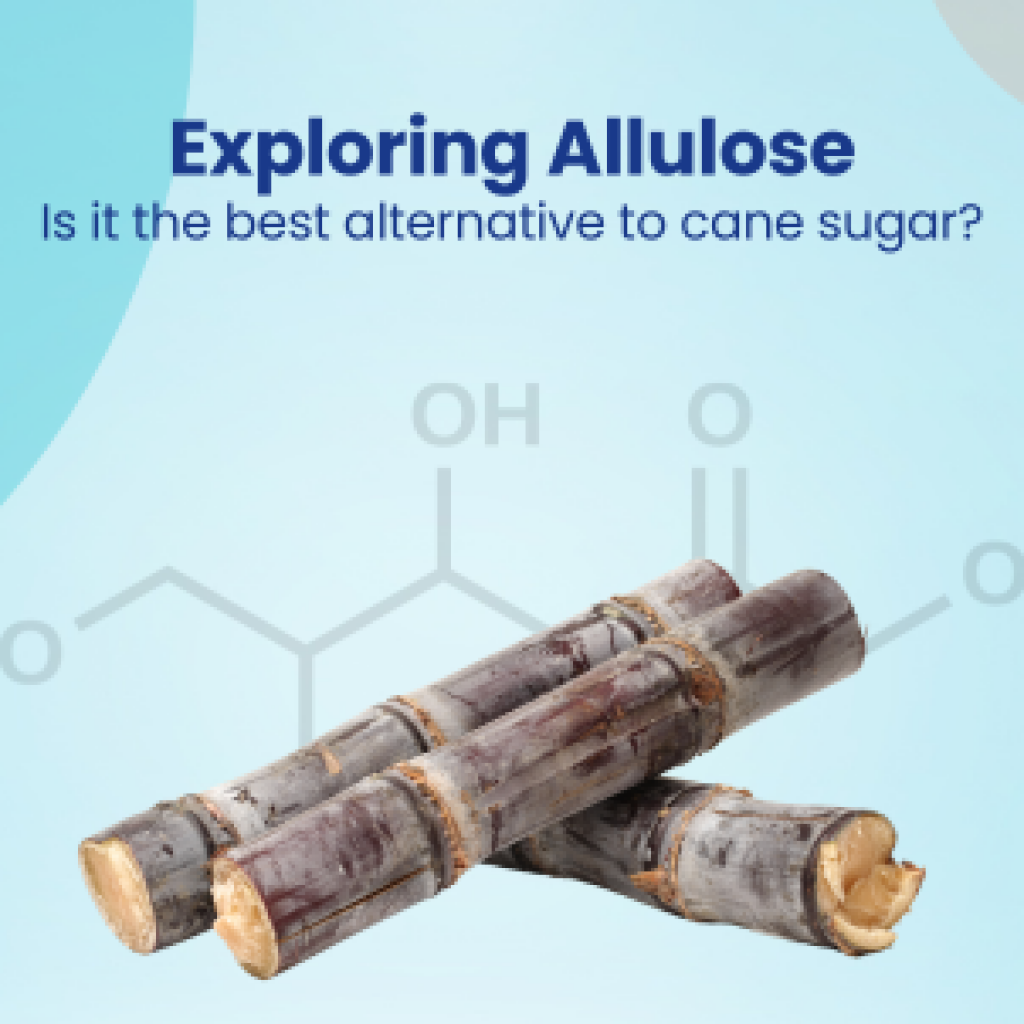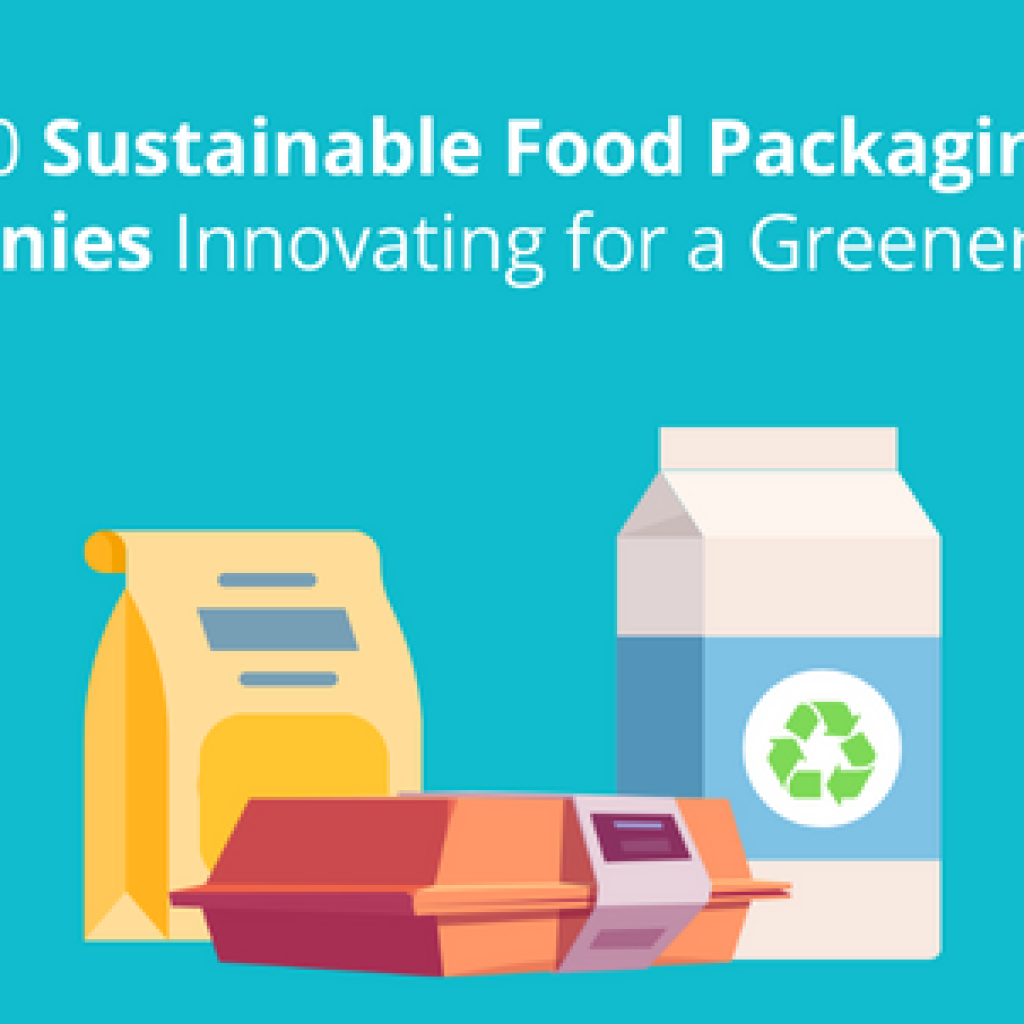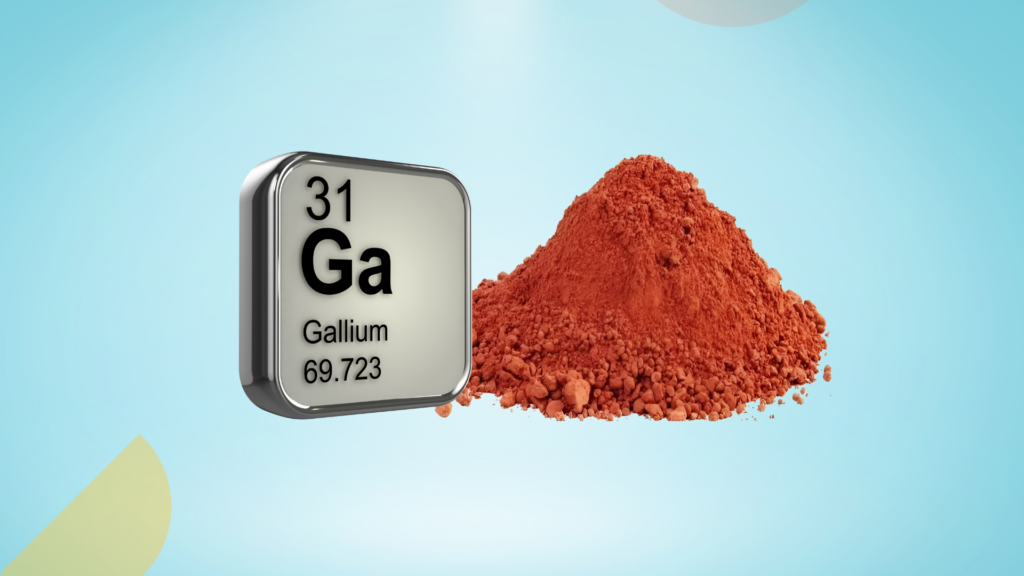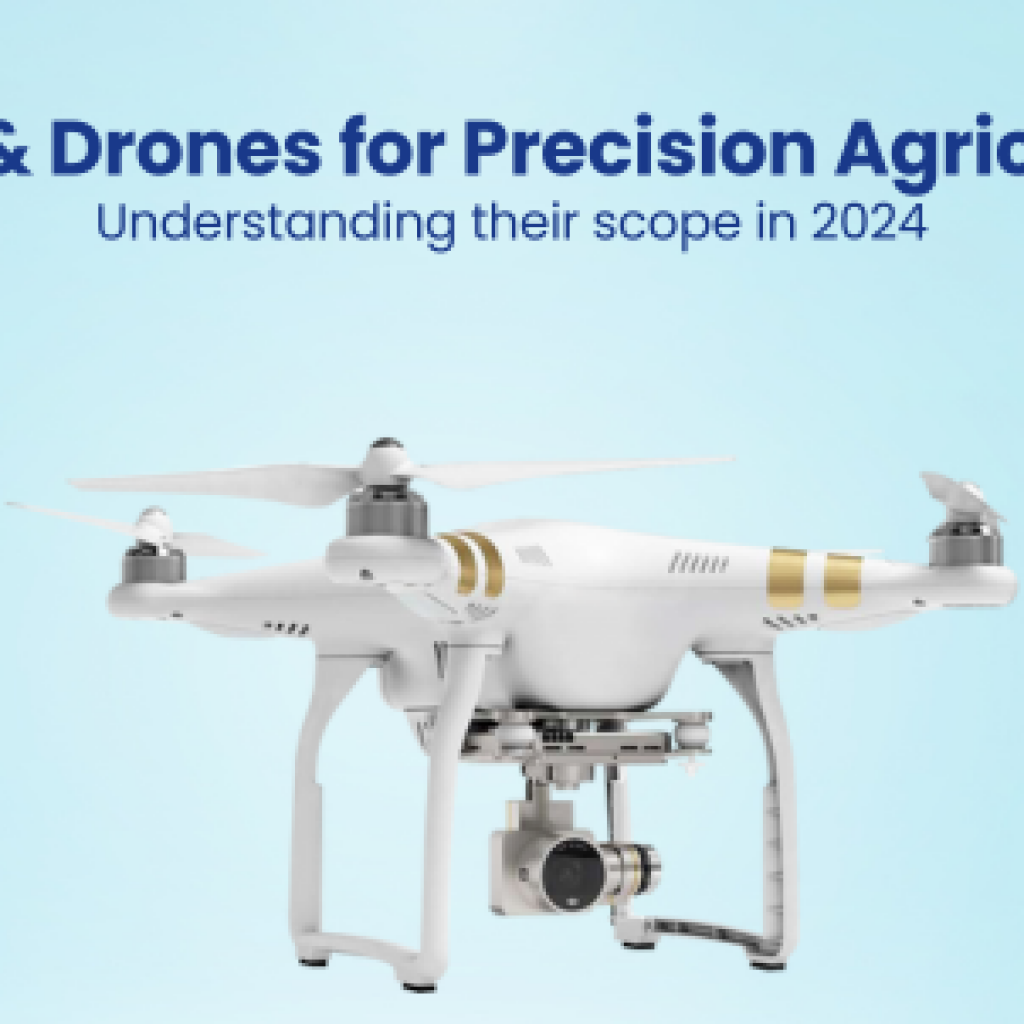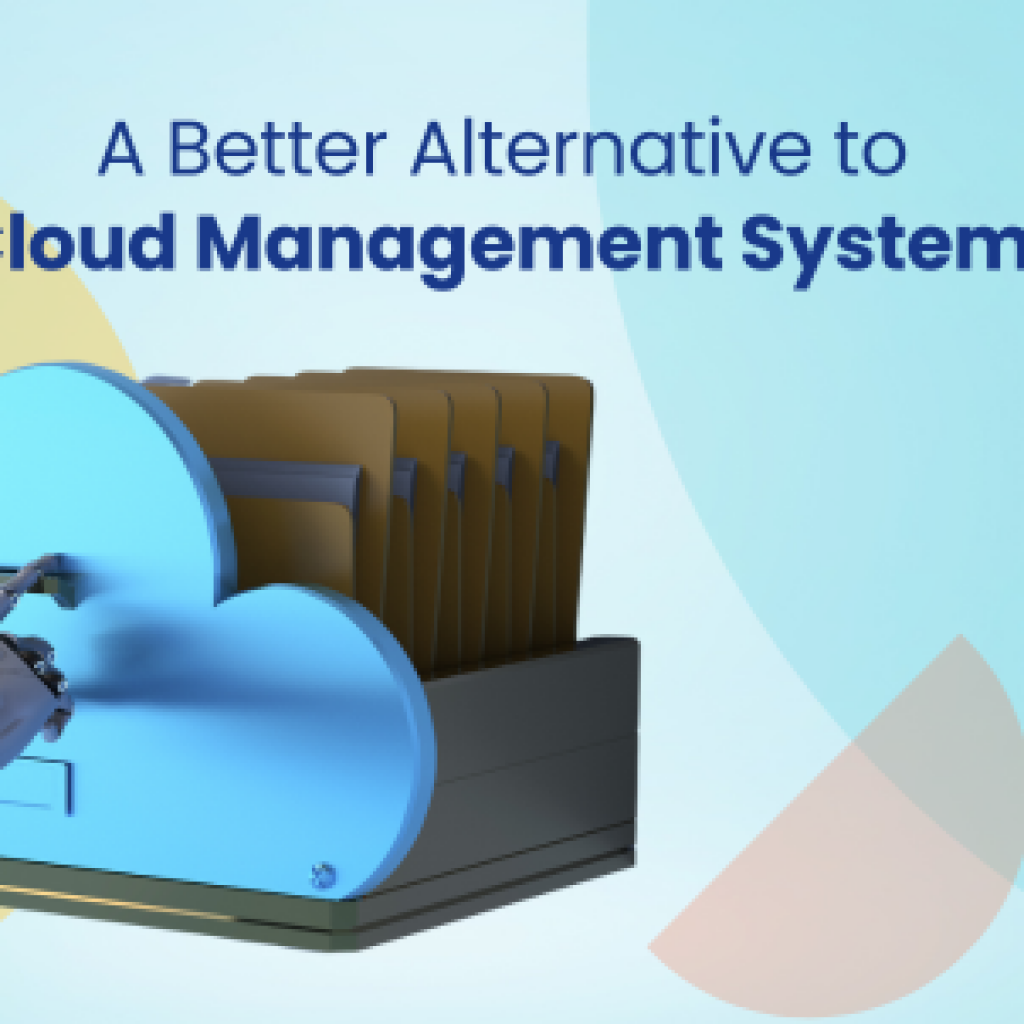In the evolving landscape of energy storage and electric vehicles (EVs), current solutions like lithium-ion batteries have dominated the market due to their reliability, high energy density, and efficiency.
However, as the demand for cleaner, more sustainable, and longer-lasting energy storage solutions grows, the limitations of lithium-ion technology, including resource scarcity, high costs, and safety concerns, have become increasingly apparent.
One of the battery chemistries, Metal-air battery, emerges as a promising solution to these challenges.
This chemistry offers a significantly higher theoretical energy density than conventional batteries, potentially leading to longer-lasting energy storage solutions with a smaller environmental footprint. The key advantages of metal-air batteries include abundant materials, potentially lower costs, and the opportunity for cleaner energy storage solutions.
This article delves into innovative metal-air batteries through the lens of five pioneering startups. Each of these companies is at the forefront of addressing specific challenges associated with metal-air battery technology, from improving energy density and reducing costs to enhancing safety and scalability.
1. AlumaPower to turn scrap into Aluminum Fuel
| Founding Year | 2017 |
| Headquarter | Ontario, Canada |
| Total Funding Amount | Publicly not disclosed |
| Last Funding Round/Amount | Series A |
| Website | https://www.alumapower.com/ |
Producing aluminum from raw materials requires a lot of energy, resulting in high emissions. At the same time, as more vehicles transition from gas to electric, there will be a surge of aluminum scrap from old cars and parts.
AlumaPower offers a solution to both problems. Their AlumaPower Fuel Disc™ can extract energy from post-consumer aluminum scrap, reducing the need for energy-intensive smelting of new aluminum. This provides a productive use for mounting aluminum waste while also decreasing the carbon footprint of aluminum production.

The disc spins through a water-based electrolyte solution, causing the aluminum to oxidize or corrode slowly. This oxidation reaction generates electricity. It also produces aluminum trihydrate as a byproduct, which can be collected, resold, or reused.
A key advantage of the system is that it’s easy to refuel. The Fuel Discs are designed to be interchangeable, similar to swapping out CDs or DVDs. So, when one disc is fully oxidized, it can be replaced with a fresh disc made from scrap aluminum. This allows the system to generate electricity from aluminum waste in a continuous, sustainable loop.
Its founder and CEO, Rob Alexander, is an MIT graduate.
AlumaPower has raised 3 rounds. Their latest funding was raised in March 2022 from a Series A round.
2. AZUL Energy’s Catalyst outperforms traditional catalysts
| Founding Year | 2019 |
| Headquarter | Miyagi, Japan |
| Total Funding Amount | ¥535M |
| Last Funding Round/Amount | Series A/¥140M |
| Website | https://www.azul-energy.co.jp/ |
Dry cell batteries have been the go-to power source for various electronic devices for decades. However, battery innovation has stagnated despite significant advancements in smartphones and other electronic technology. Limitations include weight, size, user-friendliness, lifespan, and safety concerns. These factors restrict the ability to experience the full potential of portable electronics and limit their impact on human lives.
This is the challenge AZUL Energy is taking on. Through a focus on “air battery” technology, AZUL aims to shake up the battery market and develop groundbreaking improvements in performance and design.
AZUL Energy’s novel technology stems from research on blue pigments. One specific pigment was found to exhibit remarkably high catalytic activity when applied to an electrode. This catalyst outperforms traditional platinum carbon electrodes on cost, performance, and durability metrics.

Source: Azul Energy
Unlike platinum carbon, AZUL’s proprietary catalyst is based on abundant, inexpensive materials. Incorporating into devices like metal-air batteries and fuel cells dramatically reduces platinum usage while boosting output and stability. This makes the technology cheaper and longer-lasting than conventional alternatives.
Its Co-founder and CEO, Koji Ito, is a graduate of Tohoku University.
AZUL Energy has raised a total of ¥535M in funding over 4 rounds. Their latest funding was raised from a Series A round on Jan 31, 2024.
Read – Lithium-Sulfur Batteries Startups
3. DayLyte Batteries to improve li-ion battery with metal-air battery
| Founding Year | 2020 |
| Headquarter | Tennessee, United States |
| Total Funding Amount | $1.1M |
| Last Funding Round/Amount | Grant/$1.1M |
| Website | https://daylytebatteries.com/ |
The surge in electric vehicles risks depleting critical battery materials, threatening both their own future and renewable energy storage. Existing solutions focus on tweaking lithium-ion tech, but we need a fundamentally different approach: a low-cost, high-energy battery using common materials.
Founded in 2020, DayLyte tackles this challenge by developing a metal-air battery solution to secure a sustainable, clean energy and electric transport future.
DayLyte Batteries is revolutionizing the lithium-air battery sector by developing a solution that significantly increases the energy density and reduces the risk of battery failure.

Operating out of Massachusetts, USA, their technology incorporates a solid-state electrolyte that enhances ionic conductivity and prevents the common issues of lithium dendrite formation, thereby improving safety and efficiency.
Its Metal-air (M-Air) battery increases energy density while cutting weight and cost. This technology could even double the range of electric vehicles.
Its CEO and founder, Caleb Alexander, has a Ph.D. in chemical engineering from The University of Texas at Austin.
DayLyte Batteries has raised $1.1M in funding over 1 round. This was a Grant round raised on Feb 2023 from the US Department of Energy.
Intrigued by these innovative startups in metal-air batteries?
Subscribe for more similar battery startups solving core industry challenges.
4. Lithium Air Industries to leverage Nanomaterials to improve battery performance
| Founding Year | 2020 |
| Headquarter | California, United States |
| Website | https://www.lithiumair.us/ |
Lithium Air Industries is dedicated to overcoming the limitations of lithium-air battery technology, particularly regarding rechargeability and operational lifespan.
Lithium Air Industries tackles the limitations by leveraging nanotechnology. Their patented technology utilizes nanomaterials with unique properties to improve battery performance significantly.

Source: Lithium Air Industries
These nanomaterials allow the battery to hold five times more energy than traditional lithium-ion batteries, translating to a specific energy of ~6.35 MJ/kg. This translates to a 500-600 mile range for a typical electric car like a Chevrolet Bolt, compared to the current 238 miles with lithium-ion batteries.
Its research team is led by Dr. Lloyd L. Tran, a nanotechnologist with over 25 years of experience in technology and business development.
5. Log 9 Materials Al-air Battery packs powerful energy
| Founding Year | 2014 |
| Headquarter | Bangalore, India |
| Total Funding Amount | $31.7M |
| Last Funding Round/Amount | Series B/₹912.5M |
| Website | https://www.log9materials.com/ |
Log 9 Materials, headquartered in Bangalore, India, is pioneering the development of aluminum-air batteries, focusing on scalability and environmental sustainability.
Their proprietary technology enhances aluminum-air batteries’ recyclability and reduces the battery lifecycle’s overall carbon footprint. By improving the efficiency of the aluminum-air reaction process, Log 9 Materials aims to offer a cost-effective and eco-friendly energy storage solution.

Source: Log 9 Materials
Its Al-fuel cells pack 8000 Wh/kg of energy, significantly more than many conventional batteries, making them both economical and powerful.
The startup’s CEO and co-founder, Akshay Singhal, is a graduate of the Indian Institute of Technology.
Log 9 Materials has raised $31.7M in funding over 8 rounds. Their latest funding was from a Series B round in January 2023.
Partner with cutting-edge startups to tackle your industry’s toughest challenges and stay on top of the competition.
Discover similar ventures that fit your company’s needs perfectly. Reach out to learn how GreyB can help.
Author: Vipin Singh, Market Research.

